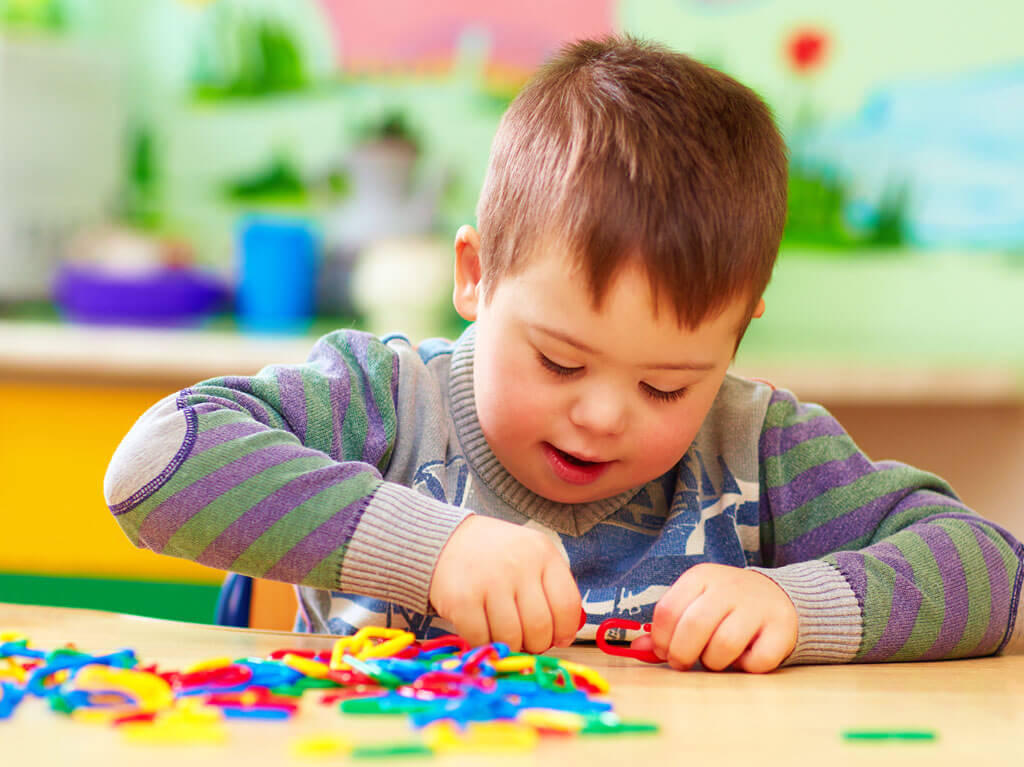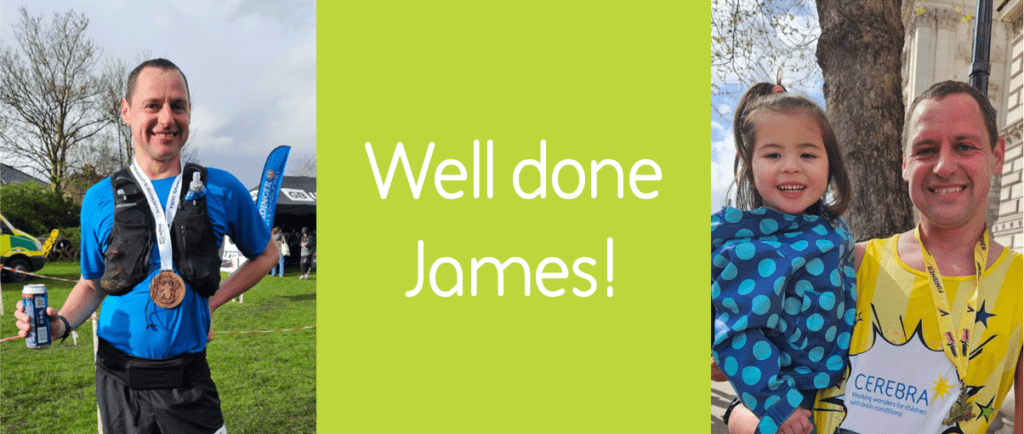 My name is Caitlin Williams and I’m a second year PhD student at the University of Warwick. My PhD research is funded by Cerebra and will predominantly use data from the Cerebra 1000 Families Study.
My name is Caitlin Williams and I’m a second year PhD student at the University of Warwick. My PhD research is funded by Cerebra and will predominantly use data from the Cerebra 1000 Families Study.
My PhD involves longitudinal research, where we follow families at several points over time to understand how things change for families over time. My research is also heavily influenced by family system theories. All this really means is that we think about families as active and ever-changing systems – every member of a family will influence other members of the family and other family sub-systems. For example, a parent’s well-being is likely to influence the well-being of their disabled child and other children in the family. A child in the family with significant health needs might place additional strain on the relationships between parents.
About me
I began my research journey as a MSci Psychology and Psychological Research student at the University of Birmingham. My final year involved a masters dissertation project, supervised by Dr Caroline Richards and Dr Stacey Bissell at the Cerebra Network for Neurodevelopmental Disorders.
My master’s year provided me with invaluable experience working with families of children with neurodevelopmental disorders, such as tuberous sclerosis complex, Smith-Magenis syndrome and CHARGE syndrome. I thoroughly enjoyed this experience, which shaped my career goals and inspired me to apply for a PhD continuing my work with Cerebra.
In my spare time, I enjoy painting, keeping active, seeing friends and baking.
About my research
Research has suggested that mothers, fathers, and siblings of a child with learning disability are likely to experience worse mental health than parents of other children. Additionally, challenges faced by these families can result in lower relationship satisfaction between the child with a learning disability and other members of the family. These research studies draw upon family system theories, which suggest that a change in one part of the family system will result in a change in other parts of the family system.
The Cerebra 1000 Families Study was developed to help us explore these issues further, following a large cohort of families of children with a learning disability overtime. To date, two waves of the 1000 Families Study have been completed, following families over a roughly 3 year period. The third wave of the 1000 Families Study began in December 2021 and is ongoing.
My first PhD study used data from the first wave of the 1000 Families Study to explore the relationships between three members of the family including the mother of a child with a learning disability, the child with a learning disability, and their sibling. We found that when mothers had higher levels of psychological distress, siblings had more behaviour and emotional problems. Moreover, when the child with a learning disability had more behaviour and emotional problems, mothers had higher levels of psychological distress. Finally, when mothers had higher levels of psychological distress the child with a learning disability had lower levels of prosocial behaviour.
My second PhD study will use data from Wave 1 and Wave 2 of the 1000 Families Study to look at whether parental relationship satisfaction predicts sibling relationship quality, or whether the quality of the sibling relationship predicts the quality of the parent relationship – over time. In my future PhD research, I hope to look at the family system more broadly; focusing on grandparental support for example.
I want to say a big thank you to all the families that have taken part in the 1000 Families Study, so we are able to explore the experiences of families of children with a learning disability overtime.
Throughout my PhD journey I’ll be sharing more of our research findings with you through Cerebra.
As part of our Research Strategy we are committed to developing the next generation of researchers who will champion the needs of children with neurodevelopmental conditions, particularly those with multiple and complex needs or rare conditions.
Find out more here.









Hi Caitlin,
I have cerebral palsy since birth due to a home birth which resulted in forceps trauma after a 36 hour labour.
I actually sued the Medical defence Union in a ground breaking Court of Appeal case (Kelly V Bastible and others). I have been quite lucky after my parent being told that I would not last the night, I went on to be a successful accountant, British Judo Champion and now motivational speaker.
I would be alive to speaking with you to help with your studies if you wish.
Kind regards
Dean Kelly
[email protected]